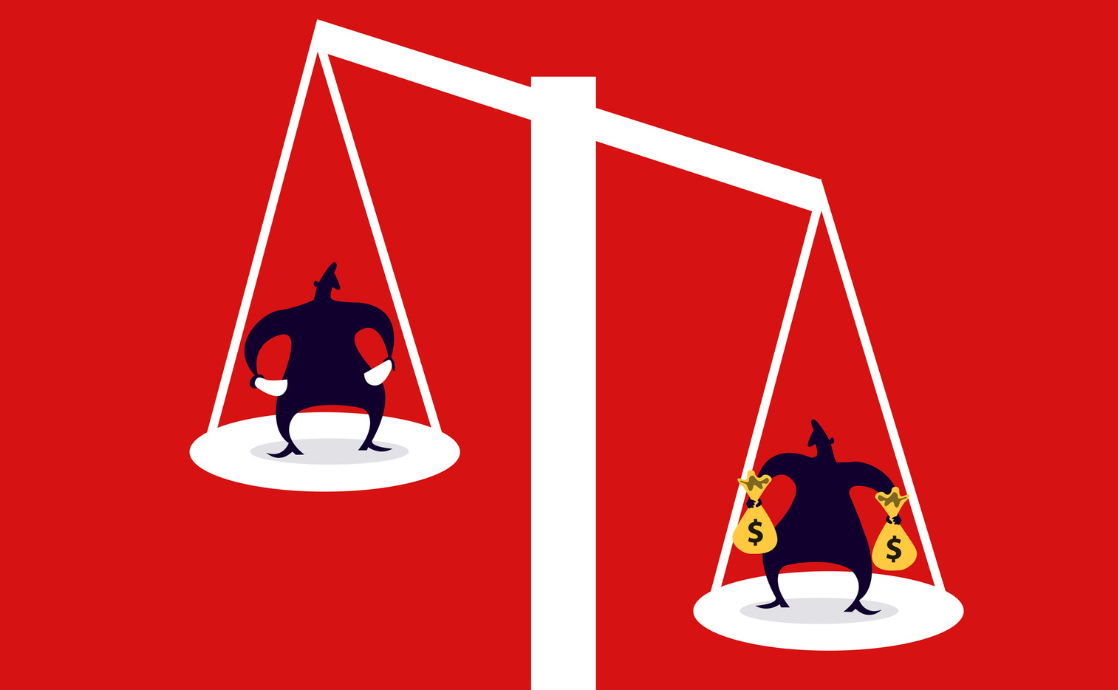In the contemporary landscape of socio-economic discourse, a burgeoning interest surrounds the concept of Humanomics—a philosophical and pragmatic synergy of humanity and economics aimed at alleviating poverty through the cultivation of virtues. This notion invites us to ponder a provocative question: Can the infusion of ethical principles into economic systems genuinely engender sustainable solutions to poverty? As we traverse this inquiry, we shall unravel the complexities inherent in merging moral imperatives with economic realities, drawing upon the Bahá’í teachings as a foundational framework.
The first step in understanding Humanomics is to dissect its core tenets. At its essence, Humanomics posits that economic policies and systems should prioritize human dignity, ethical values, and the collective well-being of society. Traditionally, economic models have often prioritized capital accumulation and efficiency at the expense of equitable resource distribution. However, Bahá’í teachings advocate for a paradigm shift—one that champions virtues such as compassion, justice, and generosity as central to economic thought and practice.
To challenge the commonly held belief that economic success is purely quantifiable by material wealth, we must delve deeper into the Bahá’í assertion that prosperity is inseparable from virtue. In this context, economic systems devoid of ethical considerations can exacerbate the chasm between the affluent and the impoverished. Thus, the implications of Humanomics are manifold, prompting a reevaluation of how we define and pursue progress.
At the heart of the Bahá’í framework lies the principle of justice—an unwavering commitment to fairness and equity. This principle serves as a cornerstone for addressing economic disparities. When we examine poverty through this lens, we see an urgent call to action. The Bahá’í writings urge individuals and communities to engage in acts of service that uplift the marginalized, emphasizing that the eradication of poverty is not solely a philanthropic endeavor but a collective moral responsibility. Therefore, the challenge arises: How can individuals and societies transform the practice of economics into a force for social justice?
One potential solution proposed by the Bahá’í teachings is the embracement of collaborative approaches to wealth distribution. Cooperative enterprises, for example, offer an innovative model whereby resources are shared, and profits are reinvested into the community. By fostering a spirit of collaboration rather than competition, communities can harness their collective strengths to alleviate poverty. This approach not only empowers individuals but also nurtures a sense of belonging and shared purpose—qualities often diminished in conventional capitalist frameworks.
The role of education in this transformative journey cannot be overstated. Education, as espoused in Bahá’í teachings, is a powerful catalyst for personal and communal development. By instilling values of responsibility, empathy, and ethical decision-making in educational curricula, societies can cultivate future generations equipped to address the moral challenges of poverty. However, educational reform that aligns with the principles of Humanomics requires a fundamental shift from rote memorization to experiential learning—an endeavor fraught with complexity. Are we, as a society, prepared to recalibrate our educational priorities in service of virtue-driven economic theories?
Moreover, the integration of virtues into economic activities extends beyond theoretical discussions and into actionable frameworks. Businesses, especially, have a significant role to play in embodying ethical practices that reflect the principles of Humanomics. The rise of socially conscious enterprises illustrates a growing acknowledgment that profitability and social responsibility can coexist. By adopting practices such as fair trade, ethical sourcing, and corporate social responsibility, businesses can contribute to alleviating poverty while simultaneously fostering innovation and growth. Herein lies another question: Is the pursuit of profit inherently at odds with the pursuit of virtue, or can they be harmoniously intertwined?
The efficacy of Humanomics as a viable model for alleviating poverty is also contingent upon robust governmental policies. Governance structures must encapsulate Bahá’í principles of inclusivity and justice, creating environments where economic opportunities are accessible to all strata of society. Policymakers, then, bear a pivotal responsibility in dismantling systemic barriers that perpetuate inequities. This requires not just legislative action, but a genuine commitment to fostering economic ecosystems that honor the sanctity of human life and dignity. The challenge remains: Are current political establishments willing to embrace the ethical imperatives necessary for transformative change?
In conclusion, the potential of Humanomics as a framework for alleviating poverty through virtues is both promising and demanding. It beckons individuals, communities, and governments to transcend conventional economic paradigms and to embrace an interconnectedness that champions the well-being of all. By engaging with the principles outlined in Bahá’í teachings—justice, cooperation, and ethical responsibility—we can forge pathways that not only address the immediate challenges of poverty but also cultivate a culture steeped in virtue and compassion.
As we contemplate the implications of Humanomics, let us embark on this collective journey with the recognition that the answers we seek are intertwined with our willingness to redefine the relationship between economics and our shared humanity. In an era where the challenges of poverty loom large, fostering a dialogue steeped in ethical considerations may very well be the first step toward achieving sustainable solutions that resonate with the values we hold dear.
